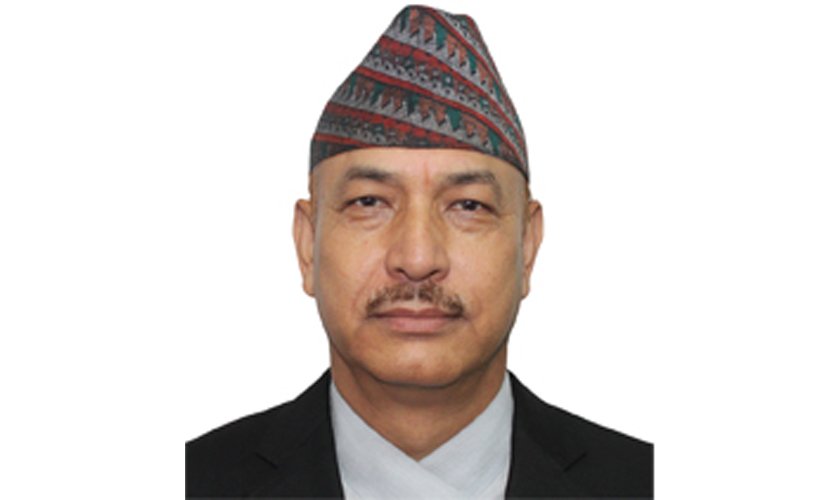Chief Justice ordered to judge himself: Supreme Court's unprecedented move

Kathmandu: The Supreme Court has instructed to register a petition in the constitutional bench against Chief Justice Bishwambhar Prasad Shrestha. According to the constitution, the Chief Justice is required to lead the constitutional bench, which comprises five judges. As a result of this order, Chief Justice Shrestha will now need to participate in the constitutional bench that will hear a case in which he is the defendant.
This development follows the Supreme Court's decision to register a writ challenging certain provisions of the 'National Judicial Academy Act' as being in conflict with the Constitution of Nepal. The writ, filed by advocate Deepak Bikram Mishra, was initially rejected by the Supreme Court administration. However, after Justices Hari Prasad Phuyal and Balkrishna Dhakal directed that the writ be registered, the Chief Justice will now be involved in hearing this case.
The writ claims that the National Judicial Academy Act, which allows for the appointment of retired Supreme Court judges to the position of Executive Director of the National Judicial Academy, conflicts with the Constitution. Specifically, Article 132 of the Constitution states that the Chief Justice or any Supreme Court judge is ineligible for other government positions except for the chairman of National Human Rights Commission, while Section 17 of the National Judicial Academy Act, 2006, allows such appointments based on the Judicial Council's recommendation.
In the writ, Chief Justice Shrestha, who is also the Chairman of the Judicial Council, and the Judicial Council's Secretariat are named as respondents.









Leave Comment